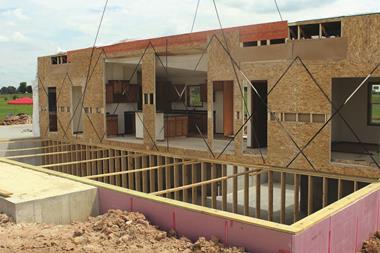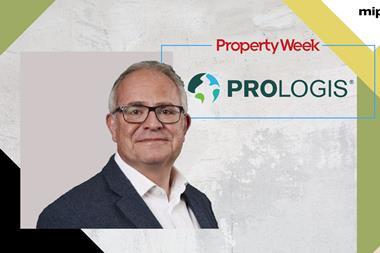Combine a climate crisis with a cost-of-living crisis and you have a never-before-seen imperative for householders to reduce energy wastage – and a once-in-a-generation opportunity for building managers to make real inroads on ESG performance.

Where considerations for the planet had been outweighed by convenience (or laziness), soaring energy bills have been a motivator for change far greater than any lecture from Greta. As winter draws in, there’s a determination to make every kilowatt count – but without data, people may not make the right decisions. Smart meters are not enough – driving down a building’s energy use begins with education.
Messaging around energy use is complicated, and some popular ‘tips’ are downright dangerous, such as lowering hot-water thermostats to a temperature where legionella can thrive or lighting with candles. Building managers need to give their residents information that empowers them to make sensible, effective choices.
That’s where a resident engagement portal comes in. While a resident might look at their smart meter and not grasp what a kilowatt-hour is, showing them they are using more energy than their neighbours makes them instantly better informed. If you provide relatable facts – such as how much carbon a 10-minute shower uses – you have empowered them. Throw in gamification, making energy saving a fun competition between neighbours, with monetary prizes from the building management, which is reaping the reward of improving its ESG – and it could change people’s whole perception of the situation.
Using a familiar engagement portal, positive nudges become simple and effective. Building managers could set up competitions within the community, and against developments elsewhere, to see who can reduce energy the most.
Sustainable buildings have up to 23% higher occupancy rates and better retention
The software can send out personalised, weather-appropriate tips to help residents reduce consumption. Buildings could host climate action events to keep the community engaged and make cutting their carbon footprint seem like a positive achievement rather than an enforced misery.
This mixture of education, competition and rewards creates a feedback loop of positive reinforcement that will keep the issue at the top of the agenda long after, hopefully, the present bills crisis has been resolved.
Building owners also benefit, as without data you cannot measure climate impact, ESG performance is restricted and residents are in the dark about energy usage. Real-time data improves operational performance, enabling building managers to report on ESG and set targets for improvement. By drilling down to an apartment level, building managers can spot poor-performing residents and take action.
Engaged residents have a positive impact on climate change and build happy, sustainable communities, while improved ESG performance allows access to green capital and increases the value for stakeholders. Plus, sustainable buildings have up to 23% higher occupancy rates and better retention, as well as attracting 8% higher rents and 31% higher sales premiums.
Inaction is not an option – let’s embrace the power of digital technology to help communities make positive changes.
Jeremy Heath-Smith is chief executive of resident engagement and property management software provider Spike Global
































No comments yet